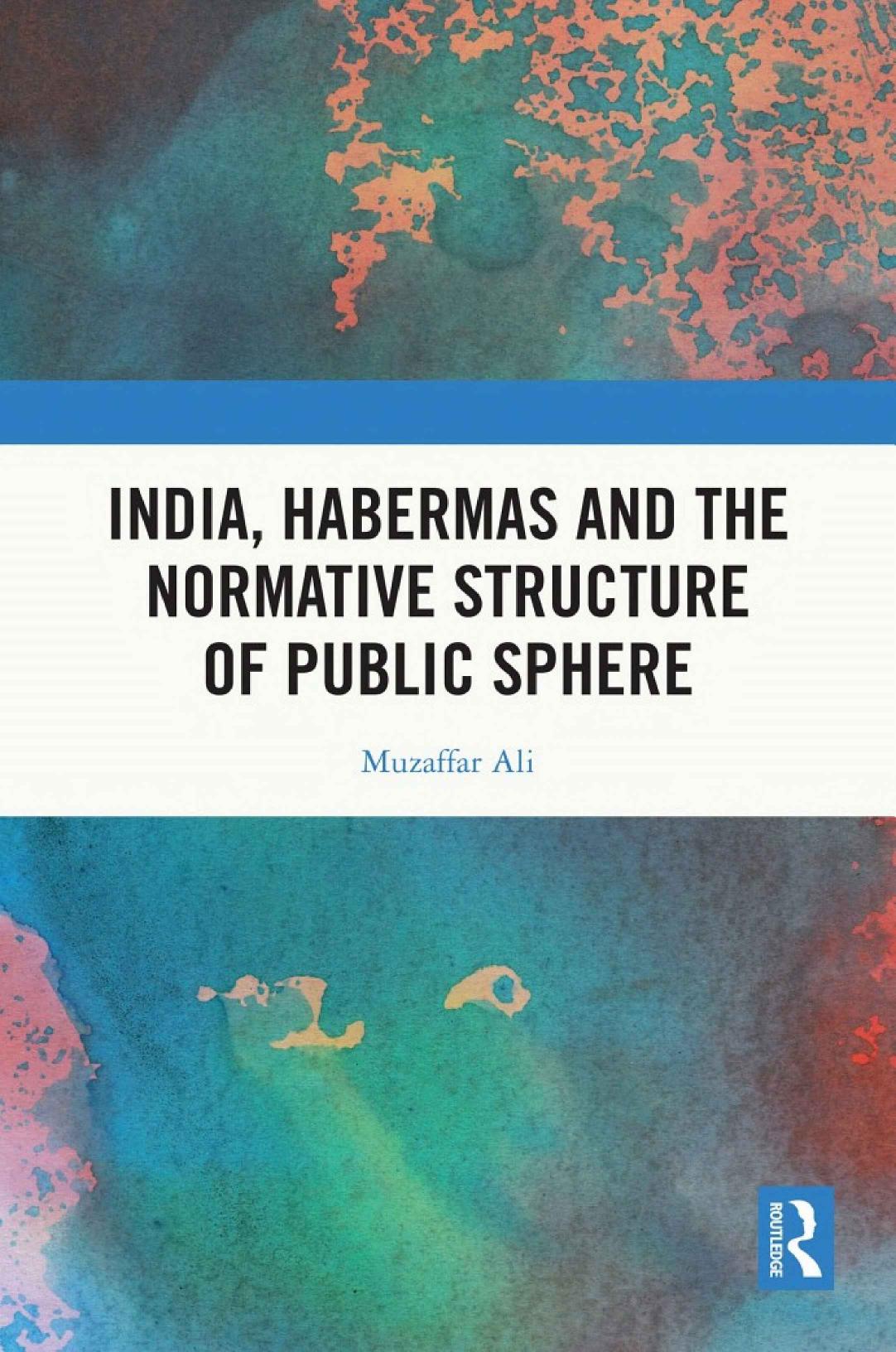

Most ebook files are in PDF format, so you can easily read them using various software such as Foxit Reader or directly on the Google Chrome browser.
Some ebook files are released by publishers in other formats such as .awz, .mobi, .epub, .fb2, etc. You may need to install specific software to read these formats on mobile/PC, such as Calibre.
Please read the tutorial at this link: https://ebookbell.com/faq
We offer FREE conversion to the popular formats you request; however, this may take some time. Therefore, right after payment, please email us, and we will try to provide the service as quickly as possible.
For some exceptional file formats or broken links (if any), please refrain from opening any disputes. Instead, email us first, and we will try to assist within a maximum of 6 hours.
EbookBell Team

4.0
36 reviewsMalla, M. A. (2023). 'India, Habermas, & the Normative Structure of Public Sphere'. Routledge India; Routledge-Taylor & Francis Group (London & New York). DOI: ISBN (13): 9781003392750, 9781000883510 || ISBN (10): 1000883515.
Print ISBN (13): 9781032721910, 9781032492308 (Paperback), 9781032370996 (Hardcover) || ISBN (10): 103272191X.
Abstract: This book examines how the contemporary Indian situation poses a strict theoretical challenge to Habermas’s theorization of the public sphere & employs the method of samvāda to critically analyse & dissect its universalist claims. It invites the reader to consider the possibility of imagining a normative Indian public sphere that is embedded in the Indian context—in a native & not nativist sense—to get past the derivative language of philosophical & political discourses prevalent within Indian academia. The book proposes that the dynamic cooperative space between Indian political theory & contemporary Indian philosophy is effectively suited to theorize the native idea of the Indian public sphere. It underlines the normative need for a natively theorized Indian public sphere to further the multilayered democratization of public spheres within diverse communities that constitute Indian society.
The book will be a key read for contemporary studies in philosophy, political theory, sociology, postcolonial theory, history, & media & communication studies.
ToC
Preface (i)
Acknowledgements (iv)
1. Indian Political Theory & Search for a Normative Public Sphere (p. 1)
2. The Idea of Public Sphere in Habermas (p. 33)
3. Indian Engagements with Habermas: Why Public Sphere? (p. 79)
4. The Indian Situation as an Exception to Habermas (p. 99)
5. De-Universal Rationality & the Imagined Indian Public Sphere (p. 137)
Endnote (p. 163)
Bibliography (p. 165)
Index (p. 185)